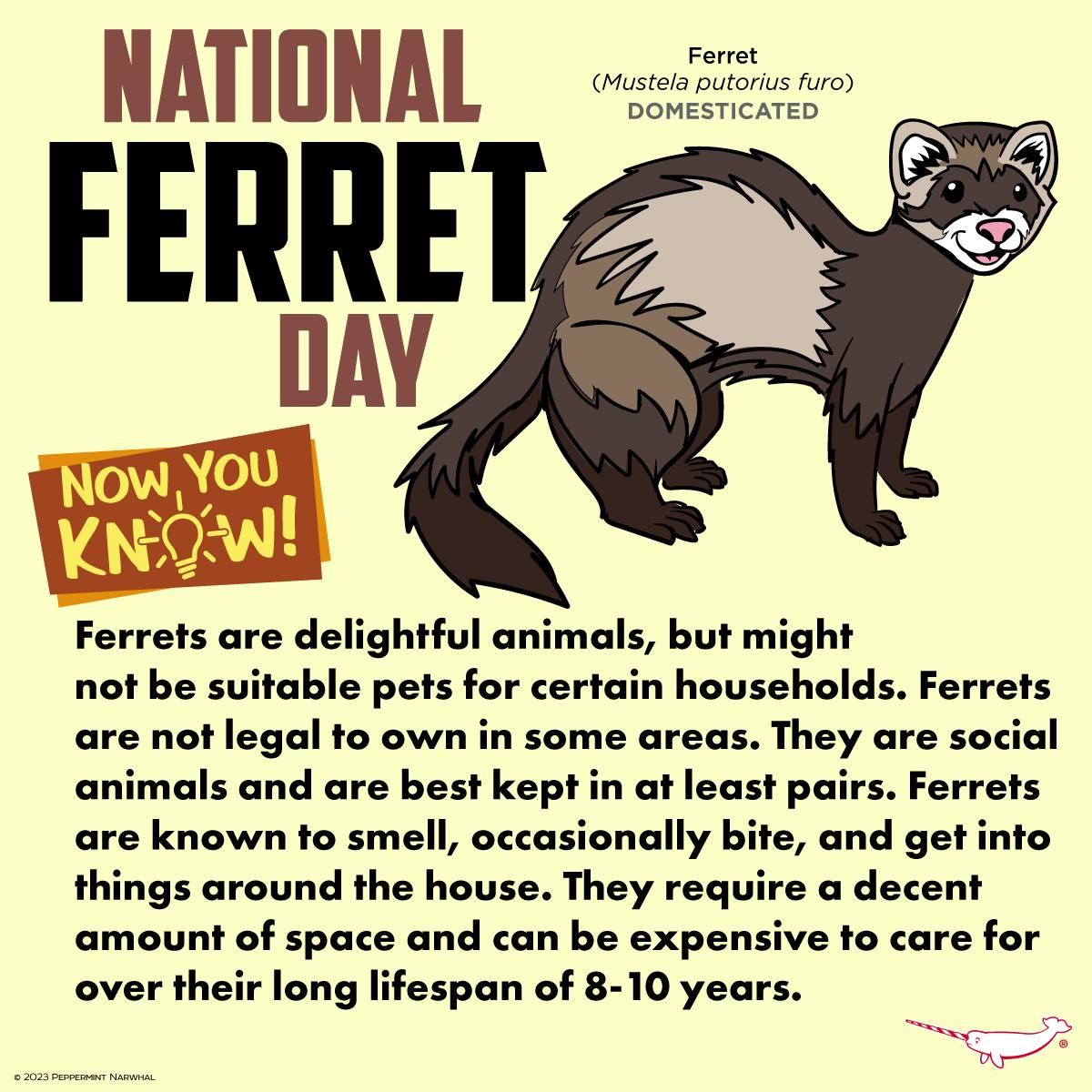– Ferrets as pets: legal considerations and requirements
– Social and behavioral aspects of ferrets
– Maintenance and care costs over their lifespan
– Ferrets’ health: common issues and preventive measures
– The implications of owning a ferret for wildlife conservation
Ferrets are delightful animals that charm many with their playful antics and curious nature. However, potential pet owners must be aware of several crucial aspects before bringing these lively creatures into their homes. The decision to keep ferrets as pets should be informed by understanding their legal status, social needs, care requirements, health concerns, and conservation implications.
**Legal considerations and requirements**
The legal status of owning ferrets as pets varies significantly across different regions and countries. In some areas, they are considered exotic pets subject to specific regulations or bans. Concerns over potential ecological impacts shape this legal landscape if ferrets escape or are released into the wild, where they may become invasive and threaten local wildlife. Prospective ferret owners must research and comply with local laws, acquire necessary permits and ensure their pets are not contributing to broader ecological problems.
**Social and behavioral aspects of ferrets**
Ferrets are inherently social animals that thrive in groups. They form complex social structures in the wild and exhibit various communication behaviors. Living in at least pairs for pet ferrets can help satisfy their social needs, reduce stress, and prevent behavioral problems. However, their playfulness comes with challenges. Ferrets are known for their tendency to chew on various household items and can occasionally bite, especially if not properly trained or handled. Owners must provide a safe, enriching environment and dedicate time to training and social interaction.
**Maintenance and care costs over their lifespan**
The commitment to keeping ferrets goes beyond providing daily food and water. They require a spacious living environment, with cages that allow for exercise and exploration and safe, ferret-proof areas in the home for supervised playtime. Ferrets have a diet that should be rich in protein and fat, requiring high-quality, often expensive, commercial food formulated specifically for ferrets. Veterinary care, including regular check-ups, vaccinations, and potential treatments for common diseases, adds to the ongoing costs. These expenses can accumulate over 8-10 years, making ferret ownership a significant financial commitment.
**Ferrets’ health: common issues and preventive measures**
Ferrets are prone to several health issues, including adrenal gland disease, insulinoma, and gastrointestinal obstructions due to ingesting inappropriate materials. Preventive care is crucial to maintaining a ferret’s health. This involves regular veterinary check-ups, vaccinations, and monitoring for early signs of illness. A proper diet and regular exercise can also minimize the risk of health problems. Owners should be prepared for the possibility of significant medical expenses and the need for specialized vet care.
**The implications of owning a ferret for wildlife conservation**
The decision to keep ferrets as pets intersects with broader concerns about wildlife conservation. In regions where ferrets are non-native, escaped or released pets can establish wild populations that threaten local ecosystems. They may prey on native species, compete with indigenous predators, and disrupt ecological balance. Responsible ownership ensures that ferrets are kept securely and spayed or neutered to prevent breeding. Prospective owners should also consider adoption from shelters or rescues to avoid supporting the demand for wild-caught or poorly bred ferrets.
Understanding the full spectrum of responsibilities and considerations involved in keeping ferrets as pets is essential. This knowledge enables prospective pet owners to make informed decisions that are best for their circumstances and the broader ecological community. It fosters an environment where ferrets can live happily and healthily, reducing the potential for negative impacts on local wildlife and ensuring a positive experience for the ferrets and their human caregivers.
*****
Source Description
Now You Know! – Ferrets are delightful animals but might not be suitable pets for certain households. Ferrets are not legally owned in some areas. They are social animals and are best kept in at least pairs. Ferrets smell, occasionally bite and get into things around the house. They require a decent amount of space and can be expensive to care for over their long lifespan of 8-10 years.
Shop www.peppermintnarwhal.com

